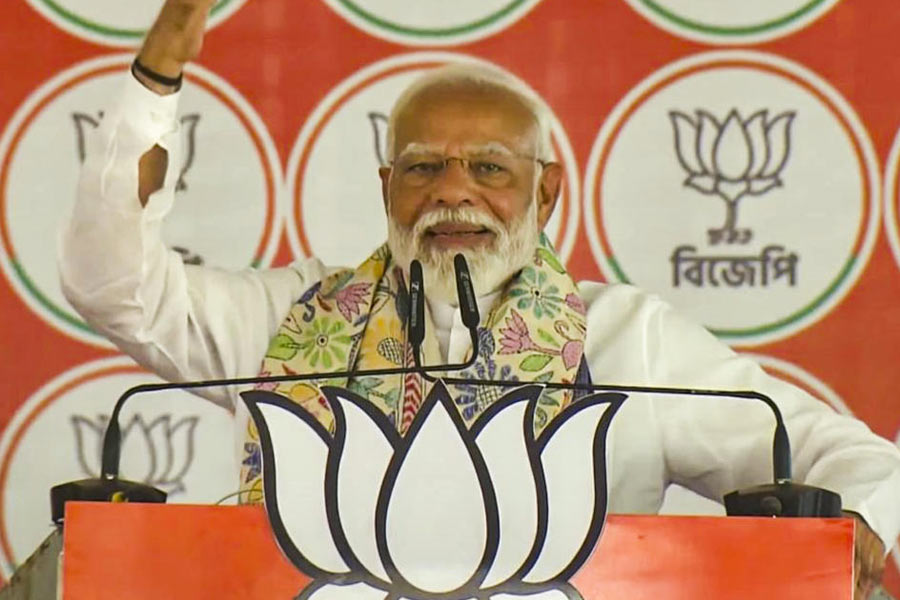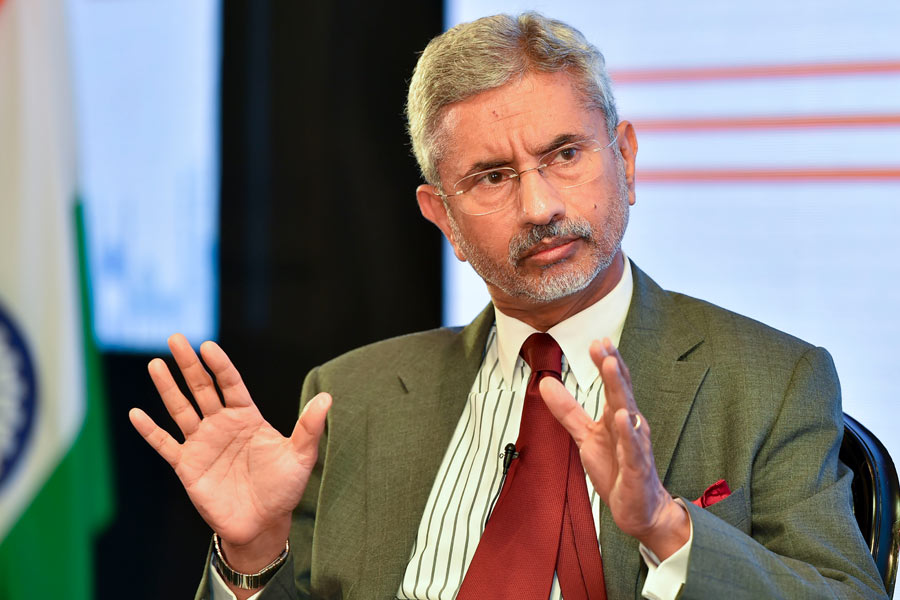President Trump on Thursday will unveil a plan to overhaul parts of the nation’s immigration system that would impose new security measures at the border and significantly increase the educational and skills requirements for people allowed to migrate to the US.
The proposal, senior administration officials said on Wednesday, would vastly scale back the system of family-based immigration that for decades has allowed immigrants to bring their spouses and children to live with them, the officials said.
In its place, the new plan would provide opportunities for immigrants who have specific skills or job offers to work in the US, provided they can demonstrate English proficiency and educational attainment, and pass a civics exam.
Jared Kushner, the President’s son-in-law and a White House adviser, spent months working on the plan, which will serve as a central part of Trump’s re-election campaign message. Working with him was Stephen Miller, the President’s top immigration adviser, but the plan falls short of the more extreme measures that Miller has long pressed the president to adopt and that have long been opposed by Democrats in Congress.
Attempts by Trump’s two predecessors, George W. Bush and Barack Obama, to overcome those kinds of differences and achieve a bipartisan consensus on immigration policy ended in failure. Since then, the divisions between the parties have only worsened, and there is little chance the new proposal will change that.
For different reasons, the broad outlines of the plan described on Wednesday are certain to be unpopular with lawmakers on both sides of the aisle. It calls for construction of some of the border wall that is a preoccupation of Trump’s and vehemently opposed by Democrats, and upends family-based migration in ways that Democrats and immigrant advocates have long opposed.
And it contains no provision for providing legal status to people brought to the US as children, known as Dreamers, or other undocumented immigrants. At the same time, the plan would not reduce the overall level of immigration into the US, a longstanding goal of conservative, anti-immigration groups that had hoped Trump’s election would finally provide the political backing for lowering the number of legal immigrants allowed in the country.
“To say this is dead on arrival would be generous,” said Frank Sharry, who has worked for two decades to secure bipartisan legislation on immigration. “This is worse than the proposal that got 39 votes in the Senate in 2018. This won’t unite Republicans and will get zero Democratic support.”
Trump’s proposal comes after he has made immigration the focus of his domestic agenda for more than two years, pursuing policies that have ignited protests around the world, such as banning travel from Muslim-majority countries, separating families at the border, closing the border to asylum seekers and building a wall along the southern border.
Officials conceded that the plan was a long way from becoming a legislative reality, with one saying on Wednesday that it represented a “first step toward having that discussion.” Officials said half of the plan dealt with the system of visas that allowed about one million people to enter the US legally each year.
Currently, about 12 per cent of those immigrants qualify to enter based on their skills, while more than half are given permission to enter because of a family connection. Under Trump’s proposal, those numbers would be reversed, with nearly 60 per cent of all visas going to immigrants with particular skills.










